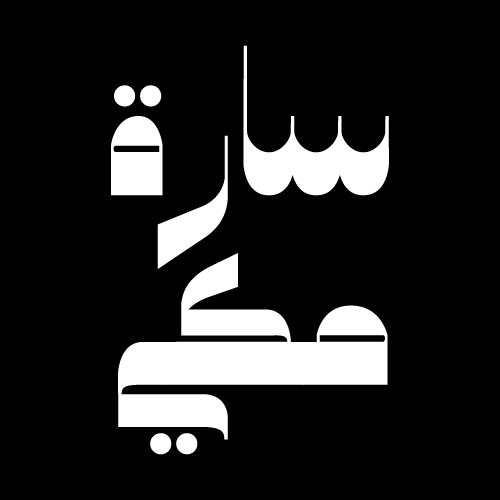
In a world where communication knows no borders, the power of words transcends language barriers, connecting people, ideas, and cultures across the globe. As a professional translator, Sarah Maki understands the transformative potential of words, particularly in the dynamic interplay between Arabic and English. In this article, we’ll delve into the profound impact of Arabic and English translations, exploring how they shape perceptions, foster understanding, and drive change in our interconnected world.
- Bridging Cultures and Communities: Translation serves as a bridge between cultures and communities, enabling meaningful exchange and dialogue across linguistic divides. Arabic and English, as two widely spoken languages with rich literary traditions, offer unique insights into diverse cultures and perspectives. Through translation, works of literature, poetry, and philosophy are brought to life in new linguistic contexts, enriching our understanding of the world and fostering appreciation for cultural diversity.
- Preserving Cultural Heritage: Translation plays a vital role in preserving and promoting cultural heritage by making literary and cultural works accessible to a global audience. Arabic literature, with its rich tapestry of poetry, folklore, and religious texts, holds a cherished place in the world’s literary canon. From the timeless verses of Rumi to the intricate tales of One Thousand and One Nights, Arabic literature captivates readers with its beauty and depth. Through translation, these literary treasures are shared with English-speaking audiences, ensuring that cultural heritage is preserved and celebrated for generations to come.
- Fostering Cross-Cultural Understanding: Effective translation fosters cross-cultural understanding by facilitating communication and empathy between people from different linguistic backgrounds. In our increasingly interconnected world, the ability to communicate across languages is essential for building bridges and fostering mutual respect and understanding. Through accurate and culturally sensitive translation, complex ideas, and nuanced perspectives are conveyed with clarity and precision, transcending linguistic boundaries and promoting dialogue and cooperation.
- Empowering Voices and Stories: Translation gives voice to marginalized communities and amplifies diverse perspectives that may otherwise go unheard. In the realm of Arabic and English translations, translators like Sarah Maki play a crucial role in amplifying the voices of authors, poets, and storytellers from diverse backgrounds. By translating works that reflect the richness and diversity of human experience, translators contribute to a more inclusive and equitable literary landscape, where all voices are represented and valued.
- Driving Social and Political Change: Words have the power to inspire, motivate, and incite action. Through translation, ideas and movements gain momentum across borders, driving social and political change on a global scale. Whether it’s translating political speeches, human rights documents, or social media posts, translators like Sarah Maki play a pivotal role in disseminating information and mobilizing communities for collective action. By breaking down language barriers and amplifying messages of justice and equality, translation becomes a catalyst for positive change in society.
In conclusion, the power of words transcends language barriers, shaping perceptions, fostering understanding, and driving change in our interconnected world. Through the art of translation, Arabic and English texts come alive in new linguistic contexts, enriching our cultural heritage and expanding our horizons. As we continue to explore the transformative potential of translation, let us celebrate the profound impact of words in bridging divides and building connections across cultures and communities.
